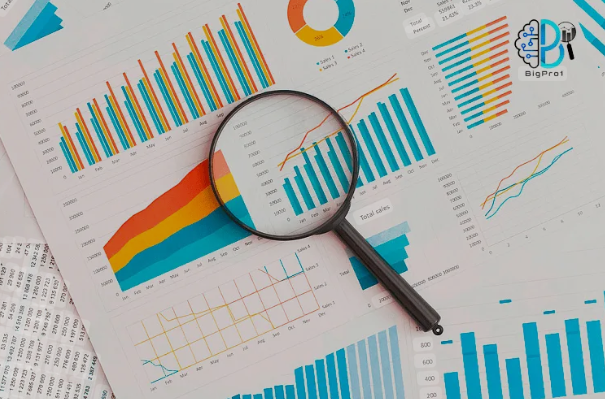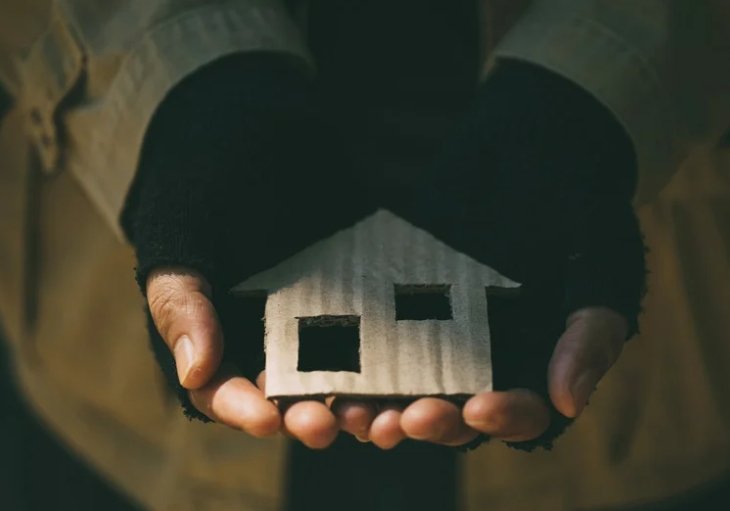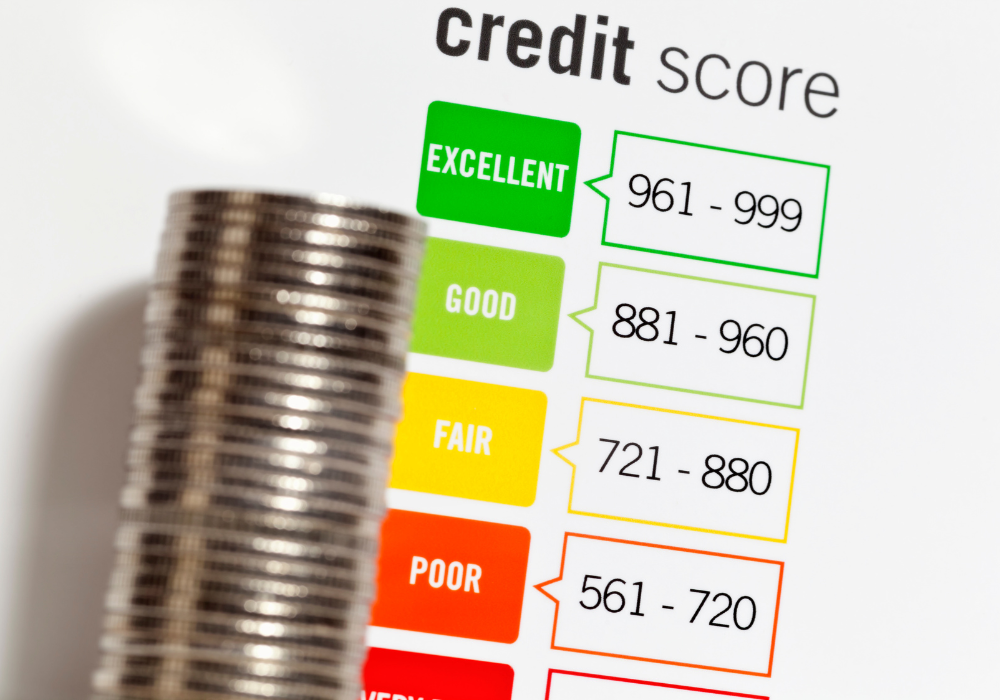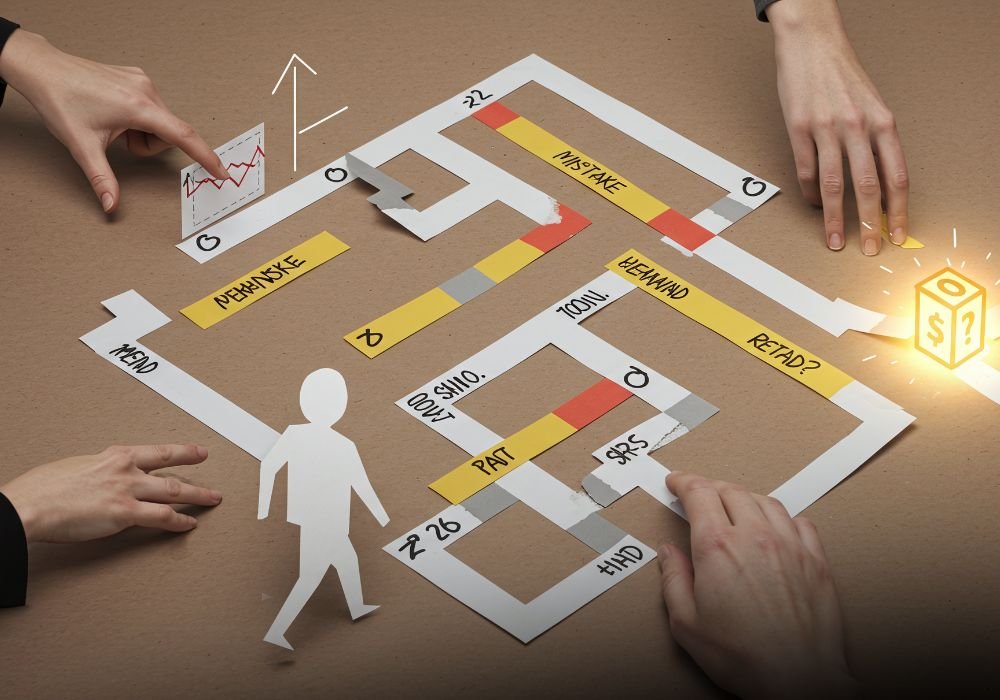Money plays a huge role in our lives. It pays for food, housing, education, health care, and the fun stuff too. But when it comes to happiness, things get a little complicated.
Some say money buys freedom and peace of mind. Others say happiness comes from relationships, purpose, and good health—not your bank balance. So what’s the truth?

Let’s explore what the data says, how different cultures view the connection, and where money helps—and where it doesn’t.
What the Research Says: The Link Between Income and Happiness
Science has been studying this question for decades. And the answer is not a simple yes or no. It depends on how much money, where you live, and even your personality.

The $75,000 Myth (And What Happened After)
A 2010 study by psychologist Daniel Kahneman and economist Angus Deaton found that emotional well-being rises with income—up to about $75,000 USD per year. After that, more money didn’t seem to make people feel much better day to day.
But newer research in 2021 by Matthew Killingsworth says happiness keeps rising with income—even well beyond that point. The difference? This newer study measured real-time happiness throughout the day, not just overall satisfaction.
So, who’s right? Actually, both are. Here’s the breakdown:
| Study | Key Finding |
| Kahneman & Deaton (2010) | Emotional well-being rises with income until about $75,000/year |
| Killingsworth (2021) | Happiness increases steadily with income, even at high levels |
| Combined View (2023) | Money helps more if you’re already happy—but less if you’re not |
Why Money Matters (To a Point)
Money gives us security. It reduces stress about bills, emergencies, and basic needs. It can also buy time—by hiring help, reducing work hours, or avoiding long commutes.
In countries with low wages or high inequality, even small increases in income can lead to big gains in happiness. That’s because the basics—like food, shelter, and safety—aren’t yet guaranteed.
In wealthier places, where basics are covered, the effect of extra money is smaller. At that point, how you spend your money matters more than how much you have.
How You Spend Money Matters
If you’re thinking, “Okay, so money helps—now what?” here’s the key: spending on experiences, others, and time tends to boost happiness more than buying stuff.
Here’s how people find joy in money:
- Experiences like travel, concerts, or hobbies create lasting memories.
- Giving to others, including charities or loved ones, often makes people happier.
- Buying time—like ordering groceries or hiring cleaners—can lower stress.
- Learning something new or investing in personal growth brings satisfaction. Knowing about the two types of capital—financial and human—can help you make better choices about where to put your time and money.
Meanwhile, spending on luxury goods or comparing your wealth to others can lead to a trap called the hedonic treadmill—where you always want more but never feel satisfied.
Culture and Money: Why the Impact Isn’t the Same Everywhere
In some cultures, money is closely tied to success and identity. In others, social connections and simplicity matter more.
For example:
- In individualistic cultures, personal achievement and wealth often link with self-worth.
- In collectivist cultures, strong family bonds and community support may bring more happiness than money alone.
- In low-income regions, small financial improvements can mean access to clean water, education, or electricity—which dramatically boosts well-being.
So the happiness-money link depends on where you are and what values your culture holds.
When Money Stops Helping (And Can Even Hurt)
Money can improve happiness—up to a point. After your basic needs and a bit of comfort, other things take over: relationships, purpose, mental health, and freedom. In fact, constantly chasing money can backfire.
Too much focus on wealth can:
- Increase anxiety and burnout
- Strain relationships
- Lead to guilt or fear of losing it
- Make you compare yourself endlessly to others
In short, money is a tool. To use it wisely, you first need to understand what capital really means. It can support happiness, but it’s not the whole picture.
So, Can Money Buy Happiness?
Yes—but with limits.
Here’s the truth:
- Money helps most when you’re struggling financially.
- It provides comfort, control, and peace of mind.
- Once you’re stable, more money adds less and less happiness.
- How you use money is more important than how much you earn.
In every country, people want to feel safe, valued, connected, and fulfilled. Money can support those things—but it can’t replace them.
Conclusion
Money can absolutely improve your life—but only up to a point. It reduces stress when it covers basic needs. It opens doors to health, freedom, and experiences. It even boosts happiness more when used wisely.
But more money isn’t a guarantee of a better life. After a certain level of income, the emotional return starts to shrink. That’s when deeper factors—like purpose, connection, and peace of mind—matter more.
The smartest move? Use money as a tool. Not to chase happiness, but to build the kind of life where happiness has room to grow.
FAQs
Q: Is there a magic income number that guarantees happiness?
A: No. There’s no universal number. It depends on where you live, your cost of living, and your personal needs. For some, $30,000 is life-changing. For others, even $300,000 isn’t enough.
Q: Can money fix emotional problems or mental health issues?
A: Not really. Money can reduce stress, but it doesn’t fix anxiety, depression, or loneliness. Emotional well-being often comes from relationships, self-care, and purpose.
Q: Does wealth make rich people happier than average earners?
A: It depends. Rich people are often more satisfied with life, but not always happier moment to moment. It comes down to gratitude, how they spend money, and life balance.
Q: Is giving money to others really better than spending on myself?
A: Surprisingly, yes. Research shows that generosity increases happiness—even if the amount is small. Helping others boosts your mood and sense of purpose.
Q: What’s the best way to use money to feel happier?
A: Use it to free up your time, reduce stress, create memories, and help others. Avoid spending to impress people or chase trends. Invest in things that align with your values.










